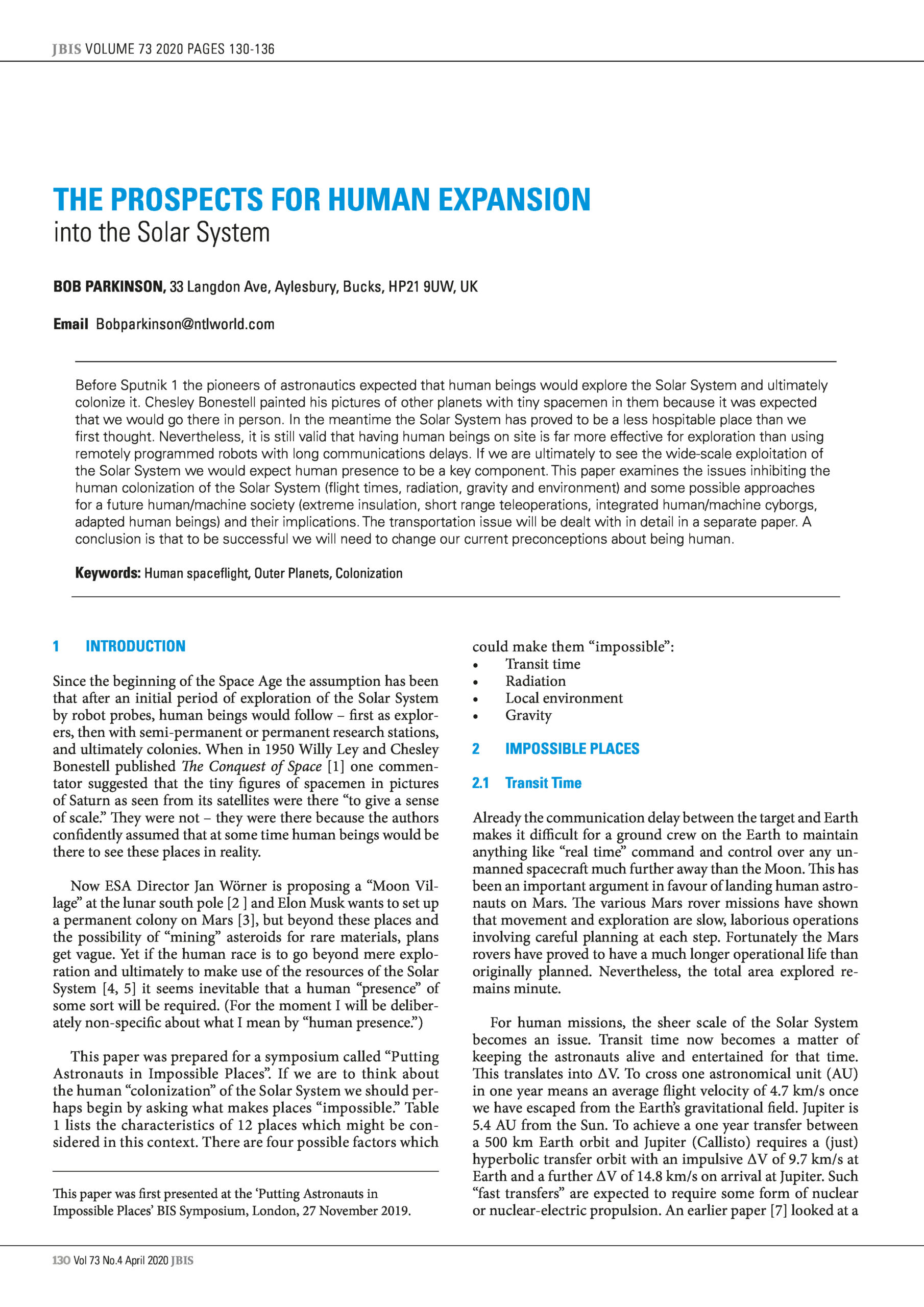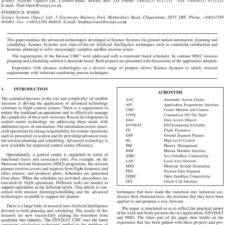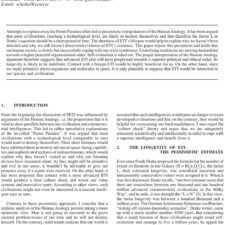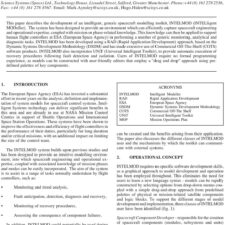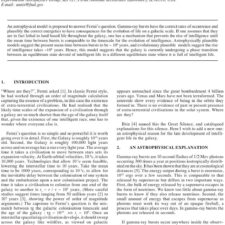The Prospects for Human Expansion into the Solar System
£5.00
B. Parkinson (2020), JBIS, 73, pp.130-136
Refcode: 2020.73.130
Keywords: Human spaceflight, Outer Planets, Colonization
Abstract:
Before Sputnik 1 the pioneers of astronautics expected that human beings would explore the Solar System and ultimately colonize it. Chesley Bonestell painted his pictures of other planets with tiny spacemen in them because it was expected that we would go there in person. In the meantime the Solar System has proved to be a less hospitable place than we first thought. Nevertheless, it is still valid that having human beings on site is far more effective for exploration than using remotely programmed robots with long communications delays. If we are ultimately to see the wide-scale exploitation of the Solar System we would expect human presence to be a key component. This paper examines the issues inhibiting the human colonization of the Solar System (flight times, radiation, gravity and environment) and some possible approaches for a future human/machine society (extreme insulation, short range teleoperations, integrated human/machine cyborgs, adapted human beings) and their implications. The transportation issue will be dealt with in detail in a separate paper. A conclusion is that to be successful we will need to change our current preconceptions about being human.

